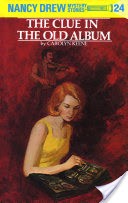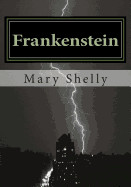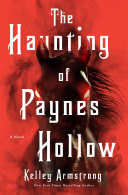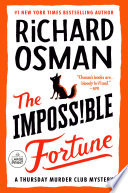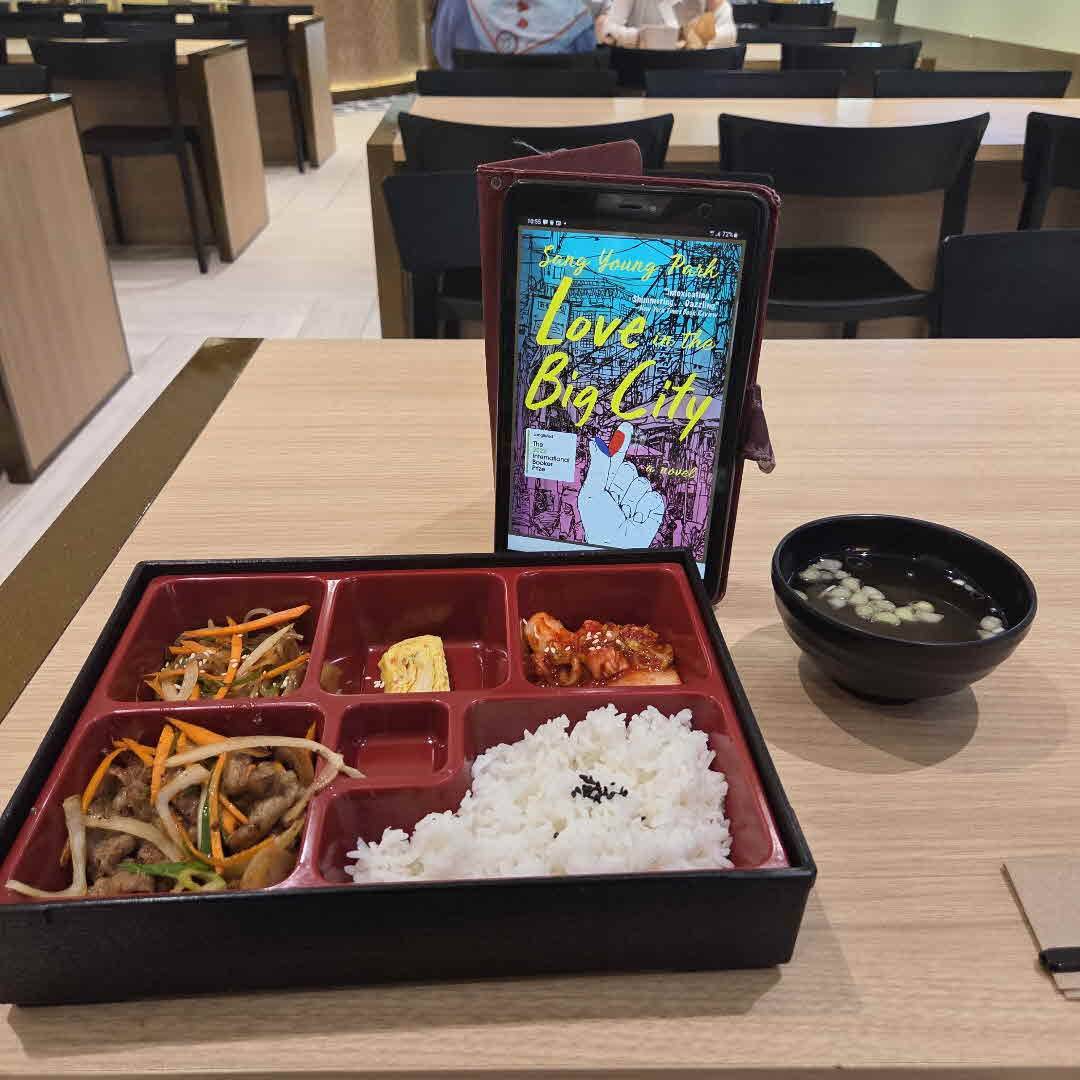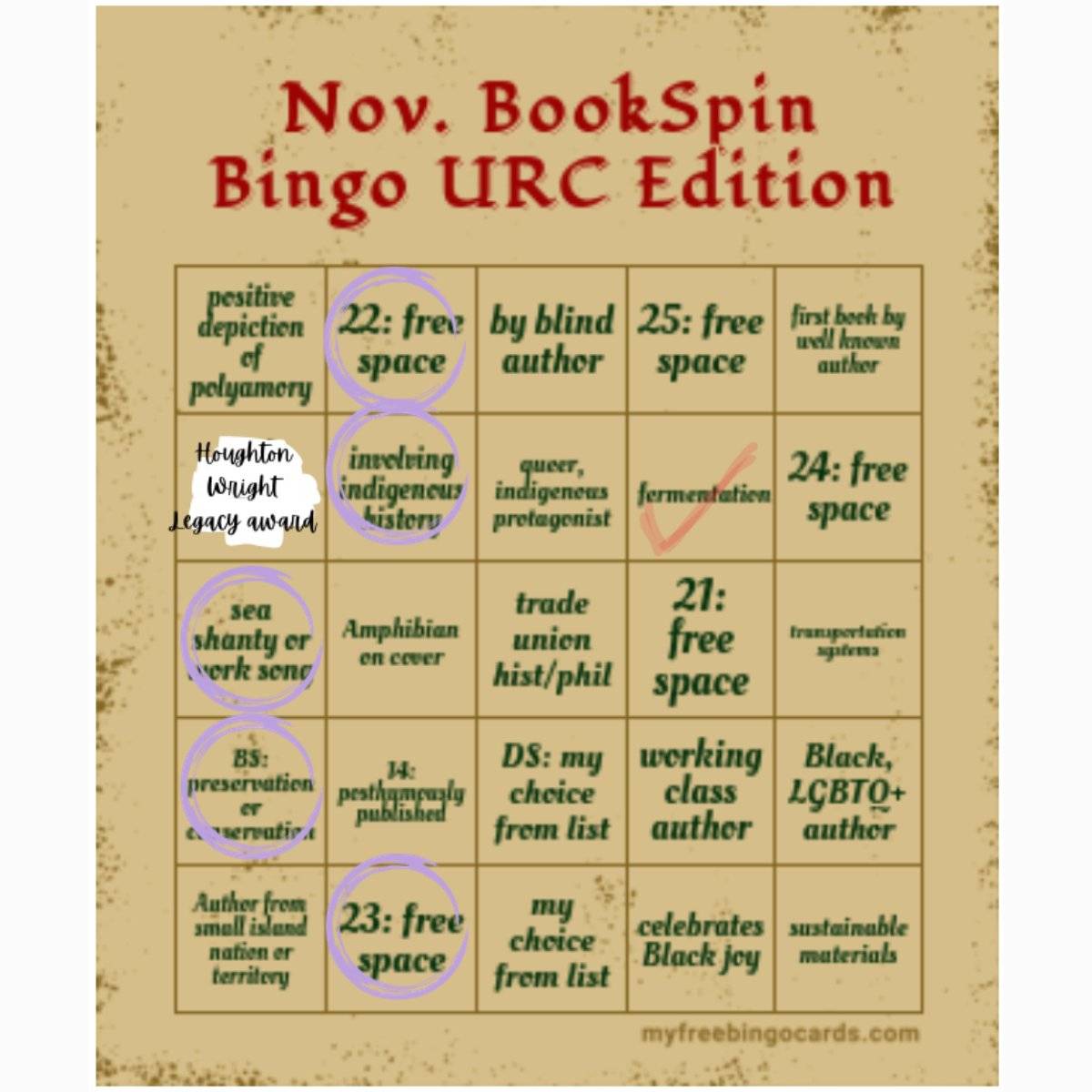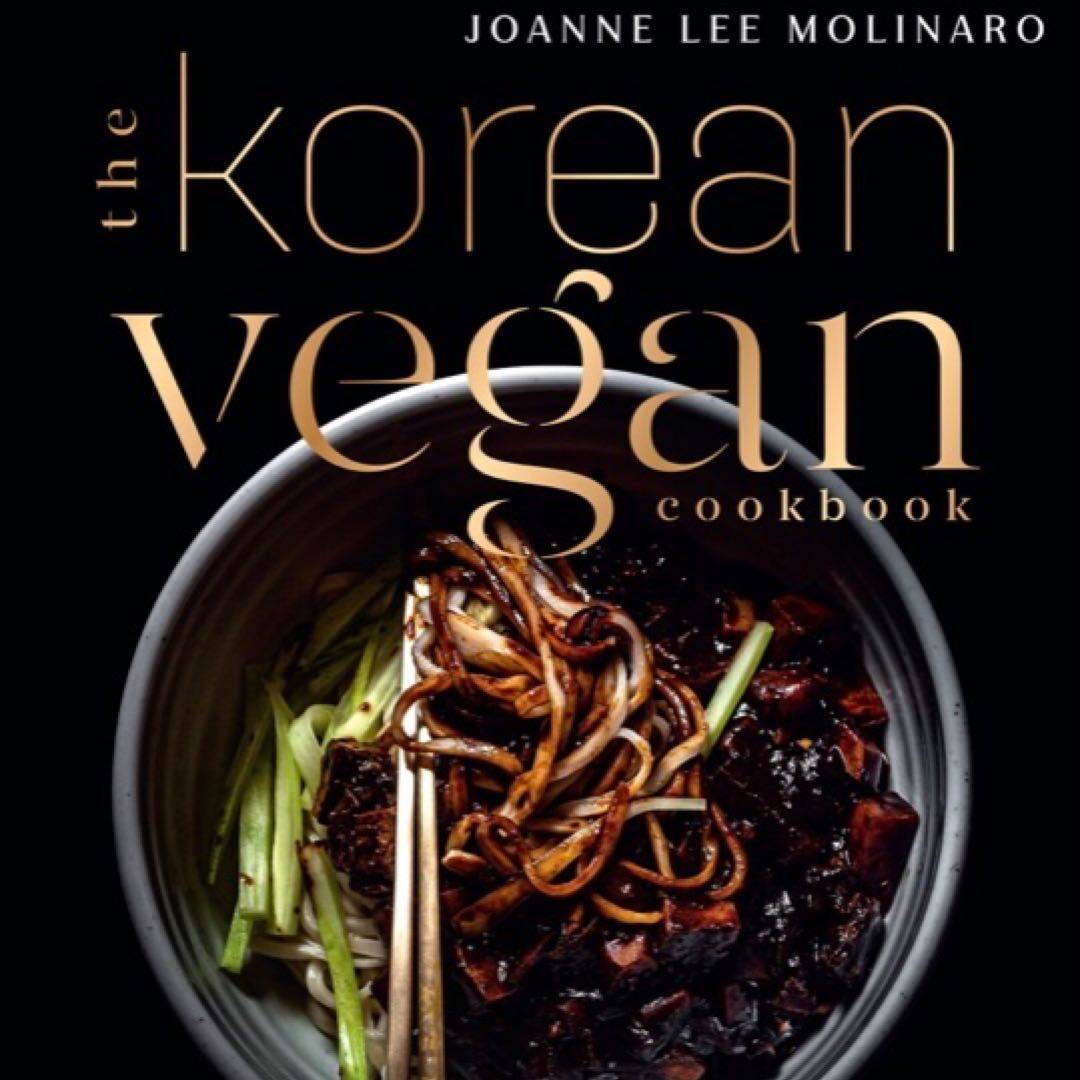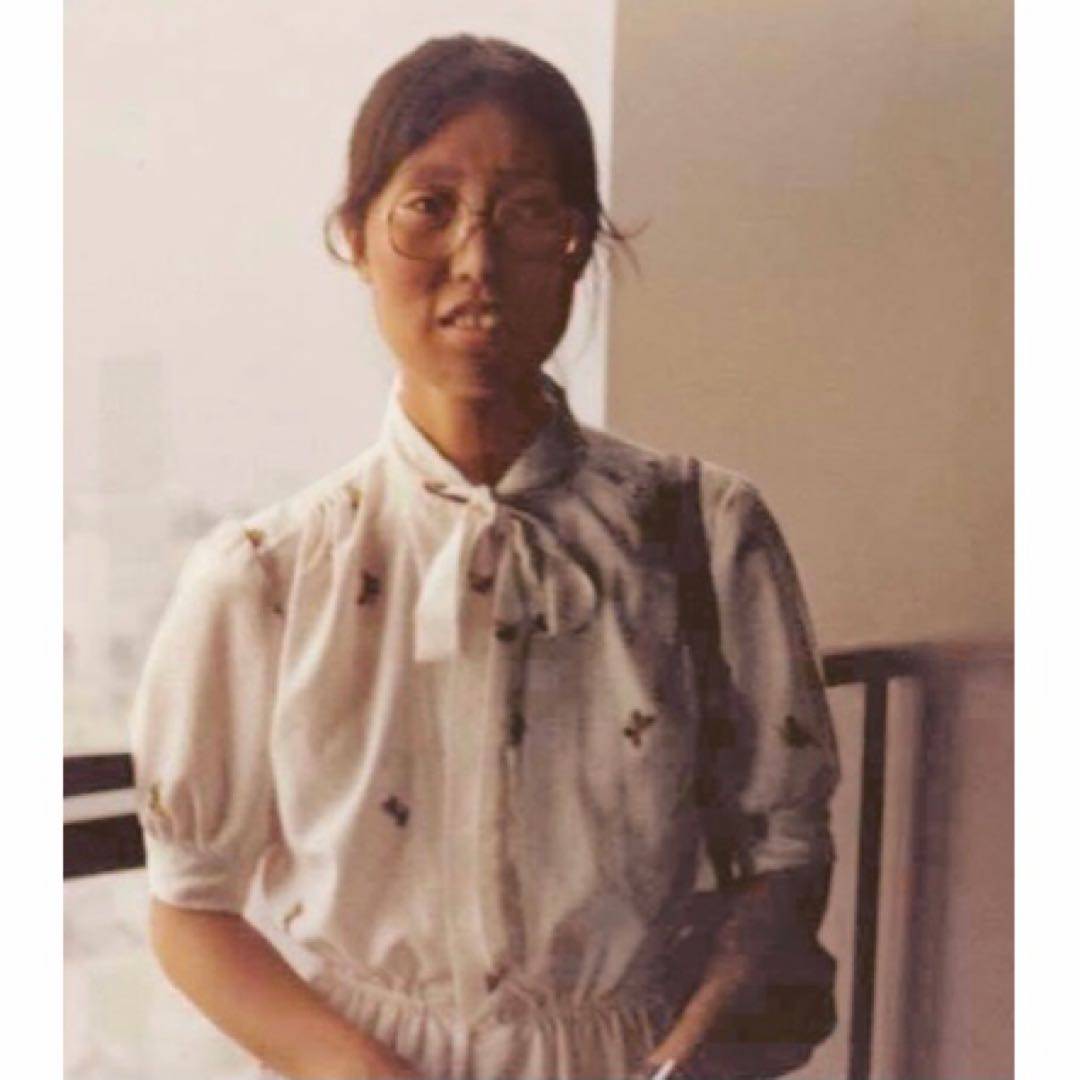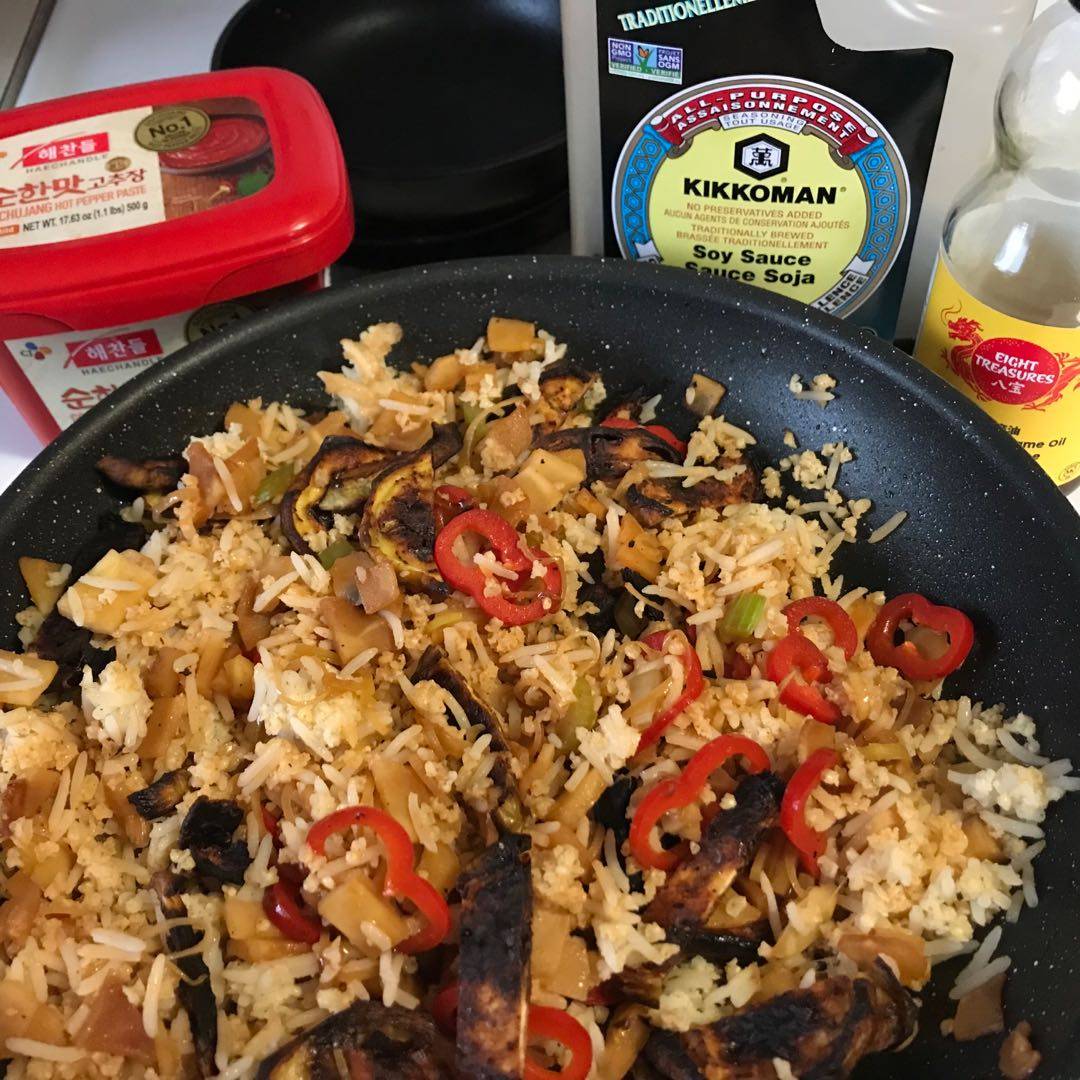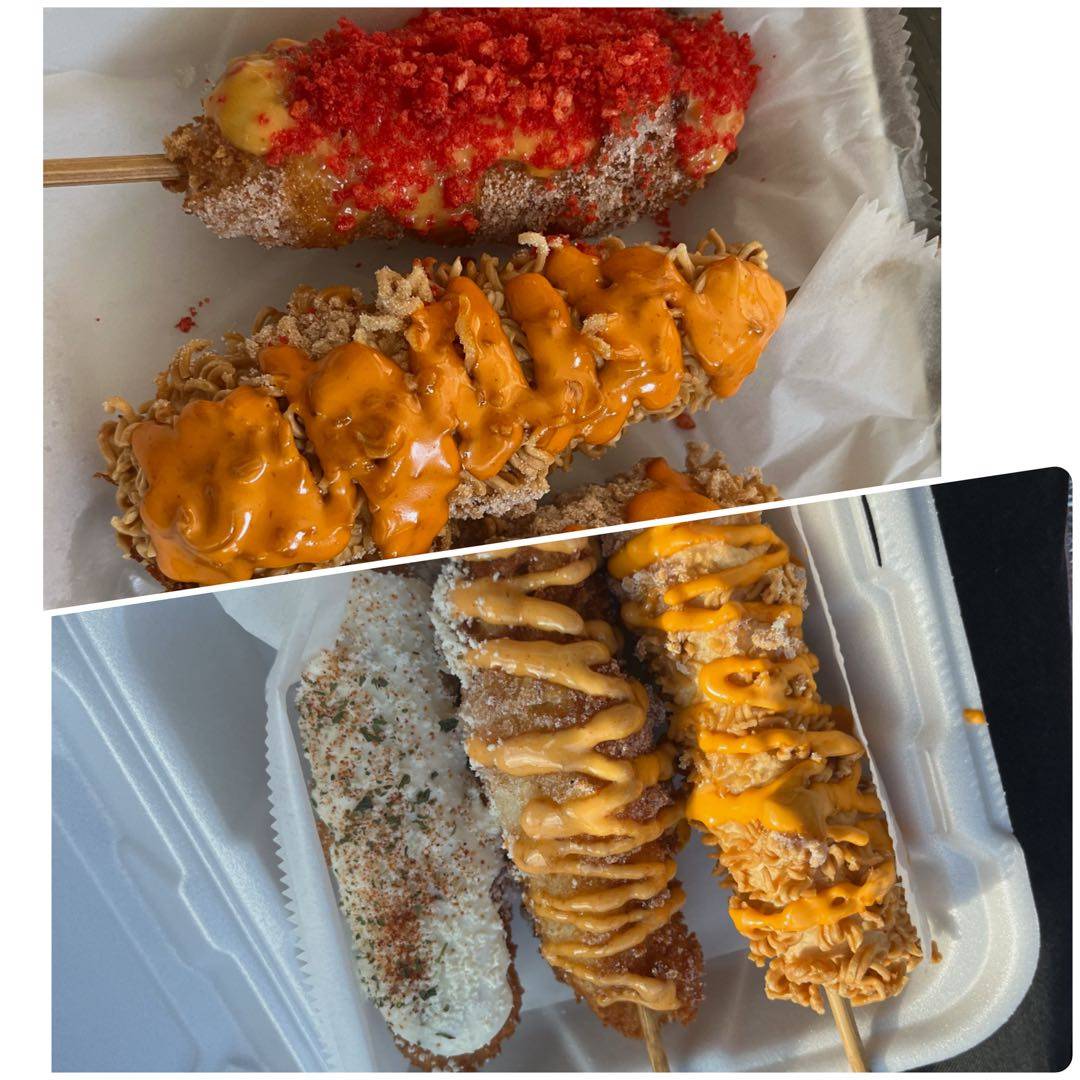
I love API food and am always looking to try new things. This book is very similar to ‘Let‘s Cook Ramen‘, and ‘Noodles, Rice, and Everything Spice‘. Full of colorful and cute illustrations, this book is a guide to basic Korean cooking with a little humor and history sprinkled in. It has me wanting some! Shown: There is a local Korean Corndog truck I discovered last year, and I love it. Corn dogs (half & half style, with: ramen, sriracha, ⬇️







